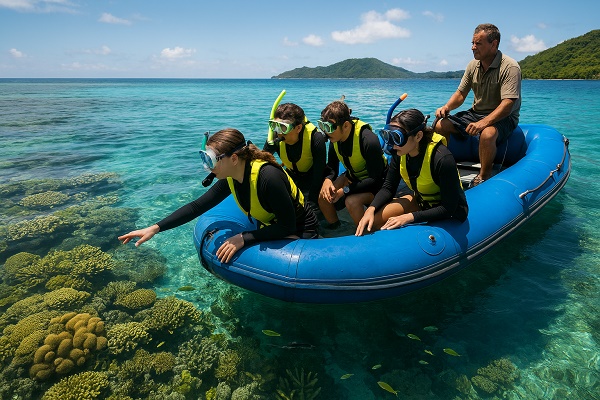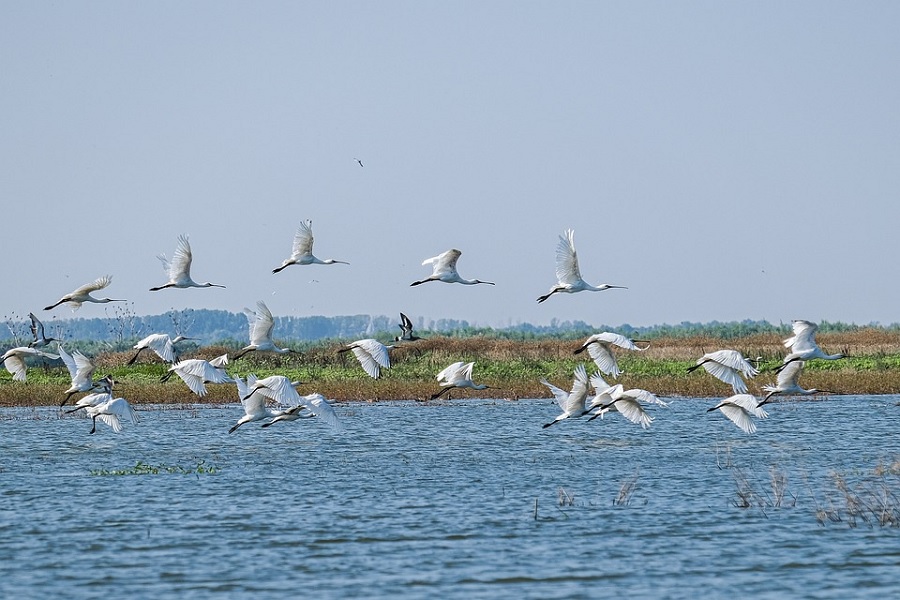The Principles of Ecotourism: Traveling with a Green Conscience

As awareness of environmental issues grows, travelers are increasingly seeking ways to explore the world responsibly. Ecotourism, which emphasizes sustainability, environmental conservation, and community involvement, offers a way to experience the beauty of the planet while minimizing harm. It’s about traveling with a green conscience, ensuring that our enjoyment of nature doesn’t come at the expense of its preservation. Here are the key principles of ecotourism and how you can incorporate them into your travel experiences:
1. Minimizing Environmental Impact
At the core of ecotourism is the commitment to minimizing environmental damage. This means choosing destinations and activities that have a minimal ecological footprint. From reducing plastic waste and conserving water to supporting eco-friendly transportation options like cycling or walking, travelers should aim to leave as little trace as possible on the environment. Opting for eco-friendly accommodations that use renewable energy, recycle, and implement sustainable practices is another important step.
2. Supporting Conservation Efforts
Ecotourism often takes place in protected natural areas like national parks, wildlife sanctuaries, or marine reserves. By choosing to visit these sites, travelers directly contribute to their conservation. Entrance fees and donations help fund conservation programs, protecting the flora and fauna of the region. Participating in responsible wildlife tours or conservation projects can also provide travelers with an opportunity to actively contribute to preserving endangered species and ecosystems.
3. Respecting Local Cultures and Communities
Ecotourism isn’t just about preserving nature—it’s also about supporting the people who live there. Responsible ecotourism emphasizes cultural respect, ensuring that tourism benefits local communities. Travelers should engage with local cultures respectfully, avoid exploitation, and make efforts to learn about local customs and traditions. Supporting local businesses, artisans, and tour guides ensures that the economic benefits of tourism remain within the community and encourage sustainable development.
4. Promoting Education and Awareness
A key principle of ecotourism is education. Travelers are encouraged to learn about the places they visit, the ecosystems they are exploring, and the social issues that might impact the region. Eco-friendly travel experiences often include educational programs that teach travelers about conservation practices, the importance of biodiversity, and how they can reduce their environmental footprint. This knowledge empowers tourists to make more informed choices and share this wisdom with others.
5. Minimizing Overcrowding and Overtourism
Ecotourism also seeks to avoid overtourism—crowds that overwhelm local environments and infrastructure. Many ecotourism destinations focus on low-impact visitation, such as limiting the number of tourists or spreading visitation across the year. This principle ensures that ecosystems aren’t damaged by overcrowding, while still providing travelers with an enriching and peaceful experience.
6. Encouraging Sustainable Practices
Ecotourism promotes the idea of "leave no trace" and encourages travelers to adopt sustainable practices in their daily lives, even when on vacation. Whether it’s avoiding single-use plastics, reducing energy consumption, or supporting businesses that prioritize sustainability, every small action counts. Travelers are encouraged to make eco-conscious decisions such as choosing sustainable food options, staying at environmentally responsible hotels, and selecting eco-friendly souvenirs that don’t contribute to environmental harm.
7. Engaging in Responsible Wildlife Viewing
While wildlife viewing is a popular activity in ecotourism, it must be done responsibly to ensure that animals are not disturbed or harmed. Responsible wildlife tours respect the animals' habitats and follow guidelines for safe, non-intrusive viewing. Tourists should choose ethical operators who prioritize animal welfare and avoid activities that exploit wildlife for entertainment.
























